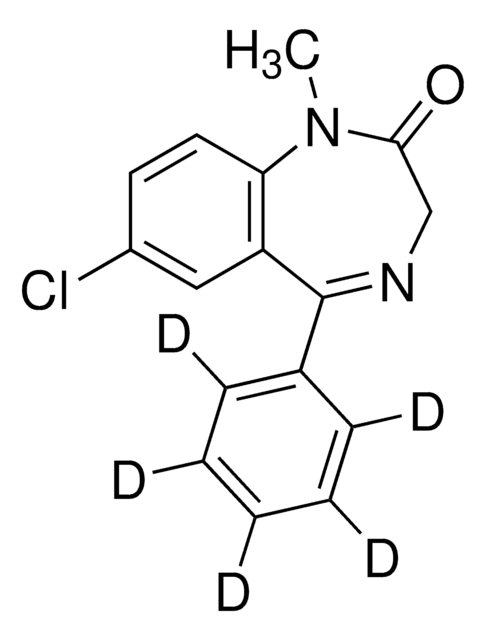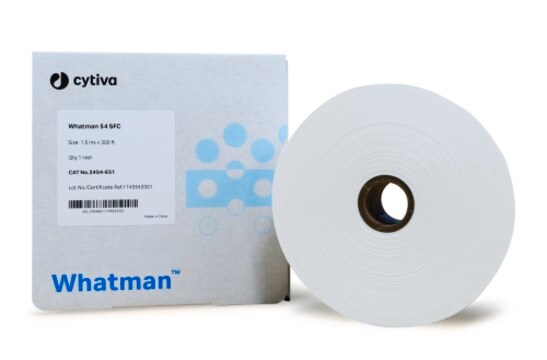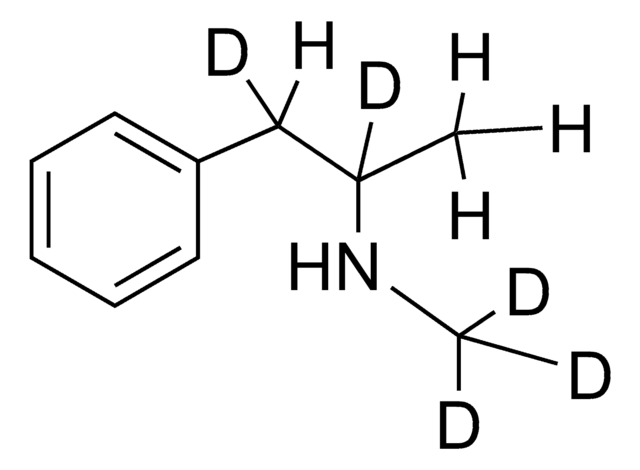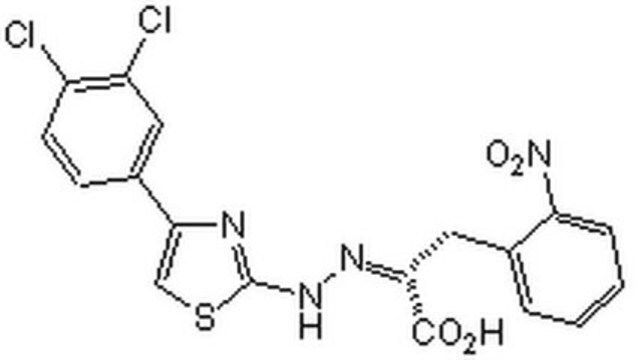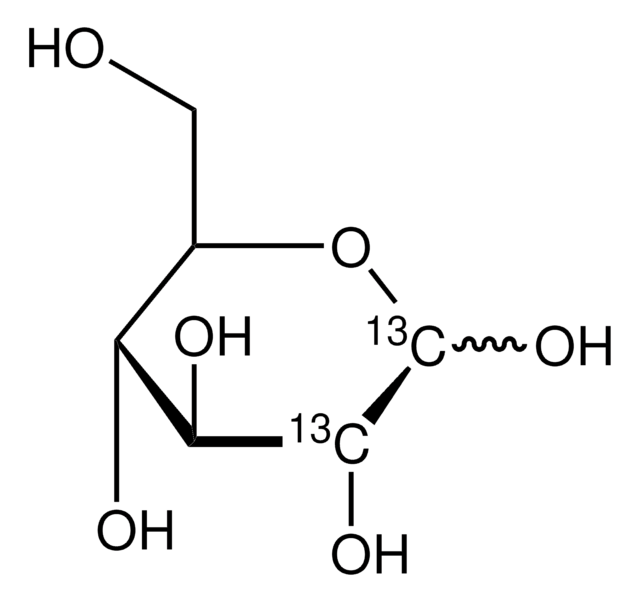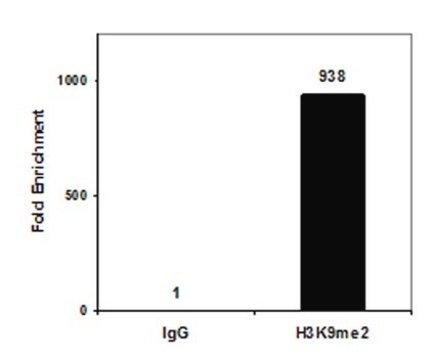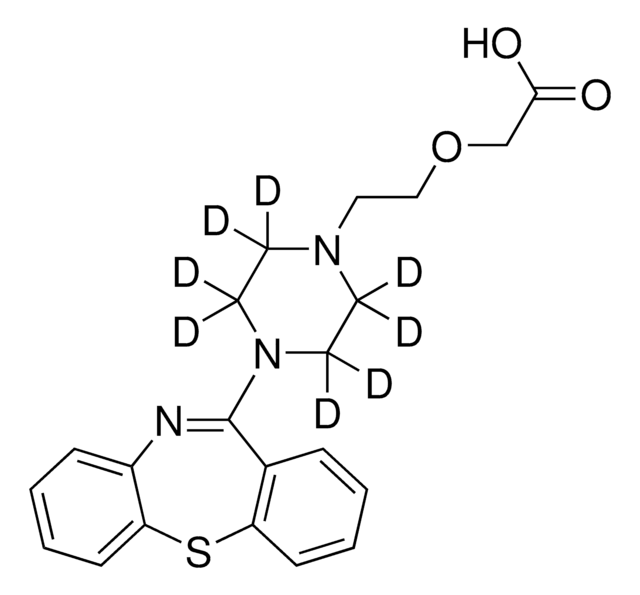05-731-I
Anti-SH3KBPI Antibody, clone 179.1.E1
clone 179.1.E1, from mouse
Synonim(y):
SH3 domain-containing kinase-binding protein 1, Regulator of ubiquitous kinase, Ruk, SH3-containing expressed in tumorigenic astrocytes
About This Item
Polecane produkty
pochodzenie biologiczne
mouse
forma przeciwciała
purified immunoglobulin
rodzaj przeciwciała
primary antibodies
klon
179.1.E1, monoclonal
reaktywność gatunkowa
rat, human, mouse
opakowanie
antibody small pack of 25 μg
metody
western blot: suitable
izotyp
IgG2bκ
numer dostępu NCBI
numer dostępu UniProt
docelowa modyfikacja potranslacyjna
unmodified
informacje o genach
rat ... Sh3Kbp1(84357)
Opis ogólny
Specyficzność
Immunogen
Zastosowanie
Apoptosis & Cancer
Jakość
Western Blotting Analysis: 0.5 µg/mL of this antibody detected SH3KBPI in THP-1 cell lysate.
Opis wartości docelowych
Postać fizyczna
Przechowywanie i stabilność
Inne uwagi
Oświadczenie o zrzeczeniu się odpowiedzialności
Nie możesz znaleźć właściwego produktu?
Wypróbuj nasz Narzędzie selektora produktów.
Certyfikaty analizy (CoA)
Poszukaj Certyfikaty analizy (CoA), wpisując numer partii/serii produktów. Numery serii i partii można znaleźć na etykiecie produktu po słowach „seria” lub „partia”.
Masz już ten produkt?
Dokumenty związane z niedawno zakupionymi produktami zostały zamieszczone w Bibliotece dokumentów.
Nasz zespół naukowców ma doświadczenie we wszystkich obszarach badań, w tym w naukach przyrodniczych, materiałoznawstwie, syntezie chemicznej, chromatografii, analityce i wielu innych dziedzinach.
Skontaktuj się z zespołem ds. pomocy technicznej